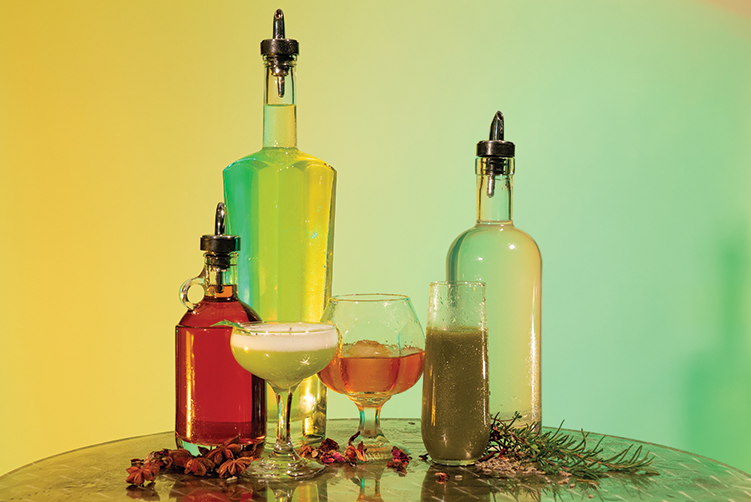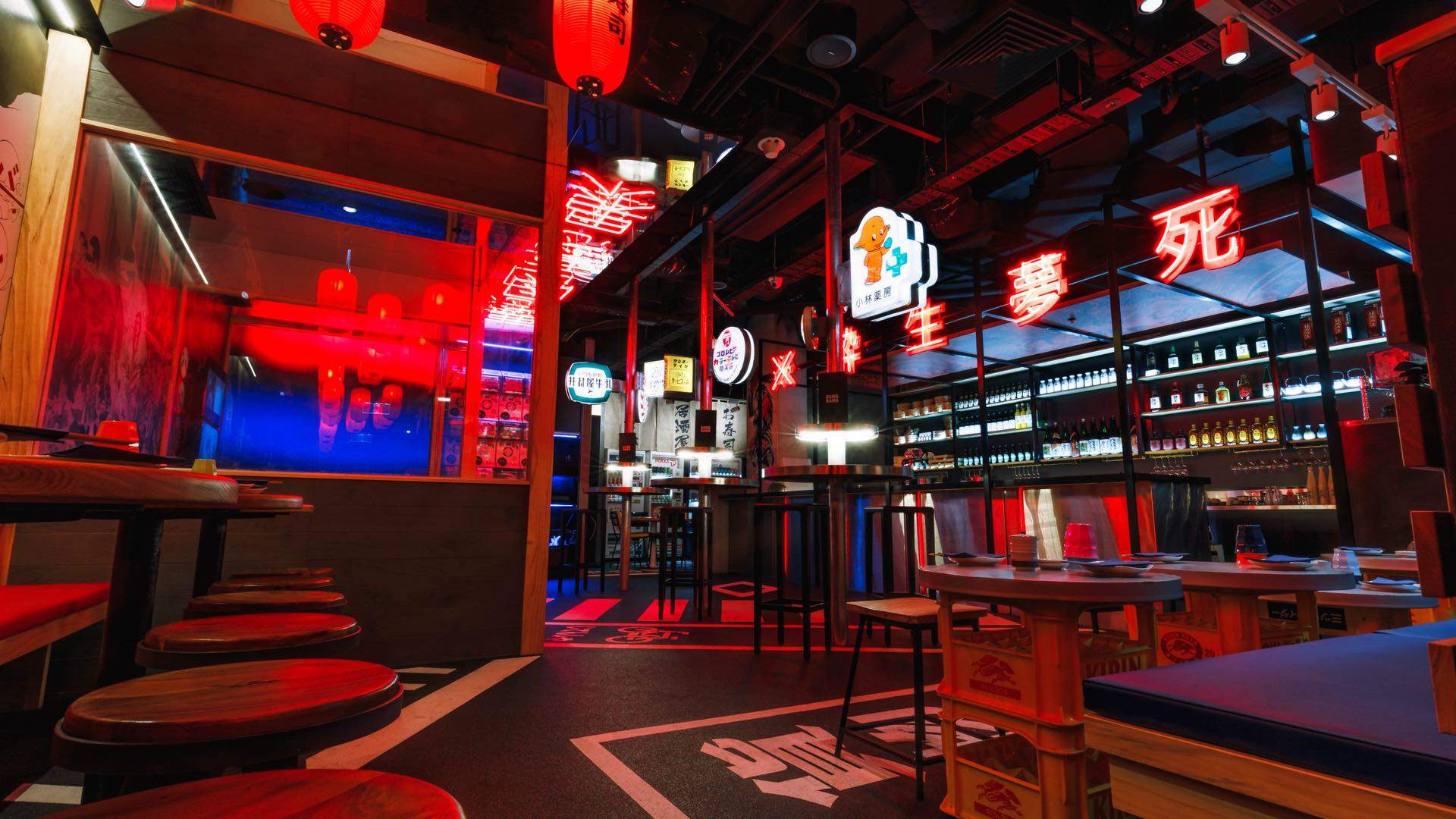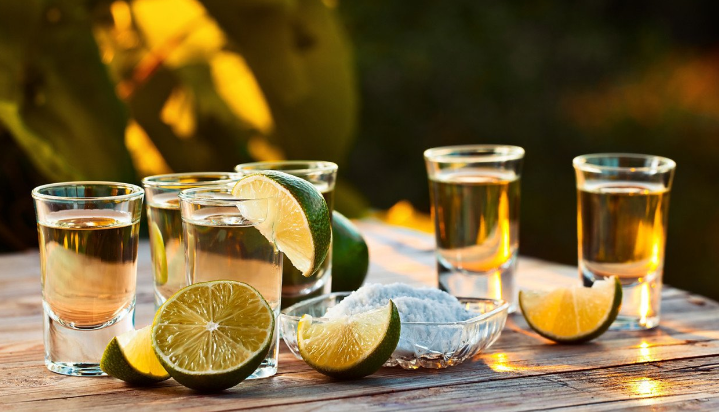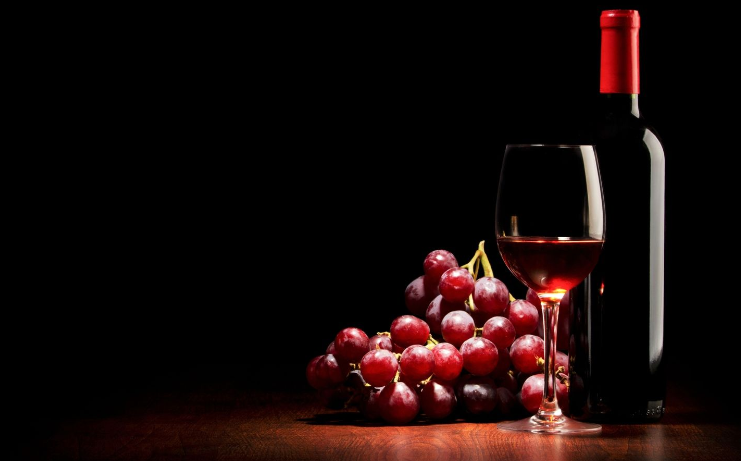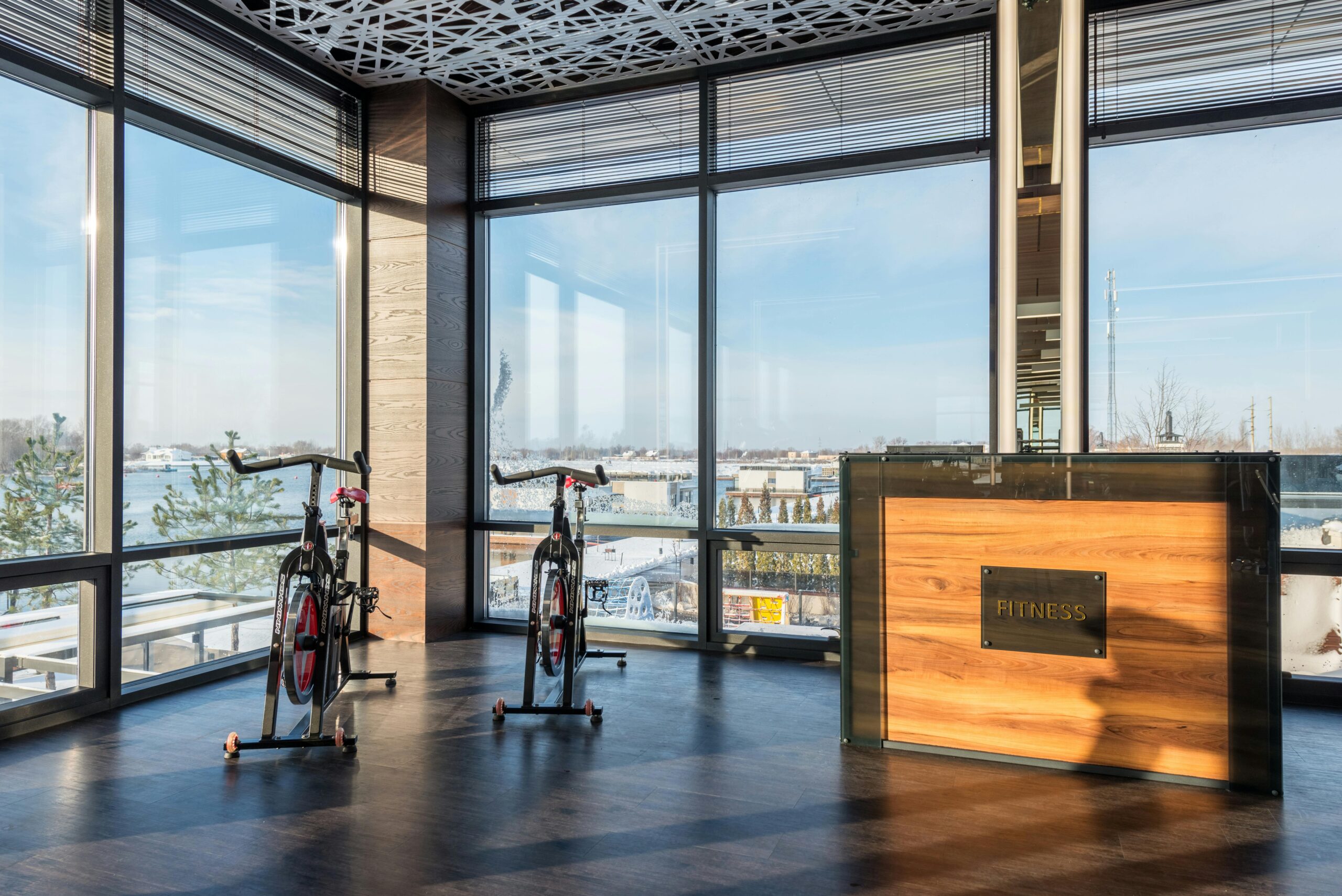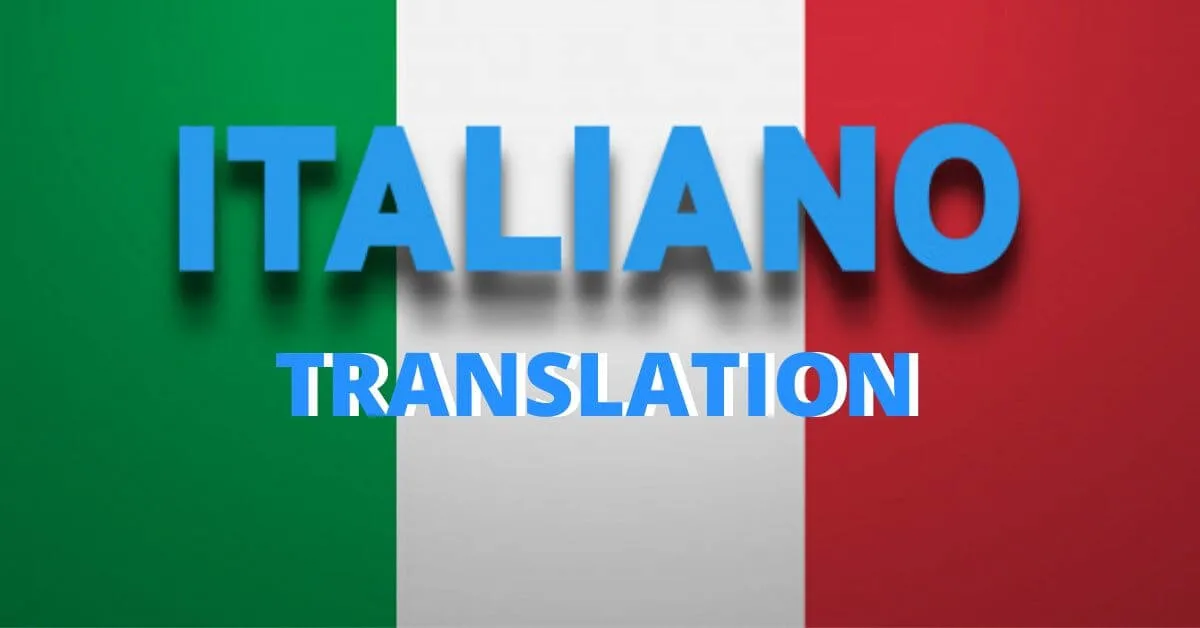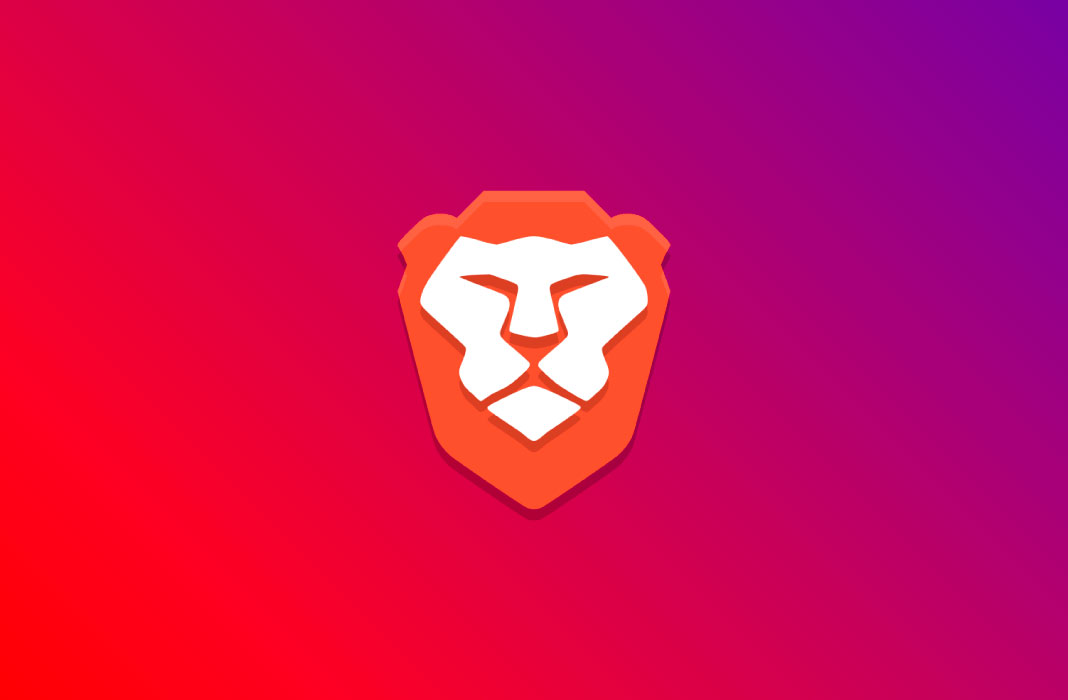The alcoholic Beverage market is one of the most challenging fields due to the constantly changing demands of consumers and challenges across regulations, consumer preferences, and trends. As Industry continues to adapt to the shift and consumer behavior and new technologies, marketers need to stay ahead of the curve to stay competitive. In this article, we will look into some of the current trends in alcoholic beverage marketing and discuss how they are putting an impact on the industry. By leveraging and understanding such trends, businesses can lead the industry by staying ahead of the competition.
Table of Contents
Top Trends to Watch – Alcoholic Beverage Marketing
Health and Wellness
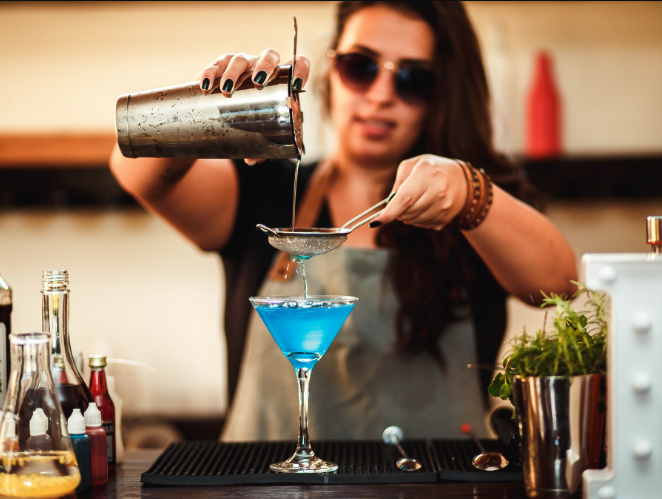
Nowadays, consumers are quite concerned about health and wellness and this trend is impacting the liquor industry. Various consumers do not look for both non-alcoholic and alcoholic options along with products. Which contains organic and natural ingredients. Various companies are now developing new products to cater to such preferences and respond to this challenge.
For example, Heineken recently launched a non-alcoholic beer called Heineken 0.0 which is marketed as the healthier version of traditional beer. Similarly, Ketel one botanical, a vodka-based drink now contains natural ingredients and has lower alcohol content as compared to traditional vodka.
Sustainability
This is another trend that is having a significant impact on the liquor industry. Several consumers are now concerned about the environment and they look for products that are produced by using sustainable practices. Various companies are responding to the trend by incorporating sustainable practices into their operations. Like sourcing ingredients from sustainable sources, reducing water, and using eco-friendly packaging.
An example is Diago, the parent company of brands like Smirnoff and Johnnie Walker has committed to using 100 percent recyclable packaging by 2025. The company has also invested in renewable energy sources to reduce its carbon footprint by 50 percent in the past decade.
Personalization
Various consumers look for personalized experiences and surprisingly this trend has also impacted online liquor shopping. Companies now working to offer customized experiences and products. This includes offering custom cocktail recipes, personalized labels, and personalized recommendations depending on consumer behavior.
For example, Diageo’s “Cocktail Builder tool allows the consumer to select their flavor profile, occasion, and spirit and generates the customized contained recipe. Similarly, there is another product called “Create your Flavor” offered by absolute vodka where consumers can design their own Vodka flavor and get it delivered to their doorstep.
Social Media Influencers
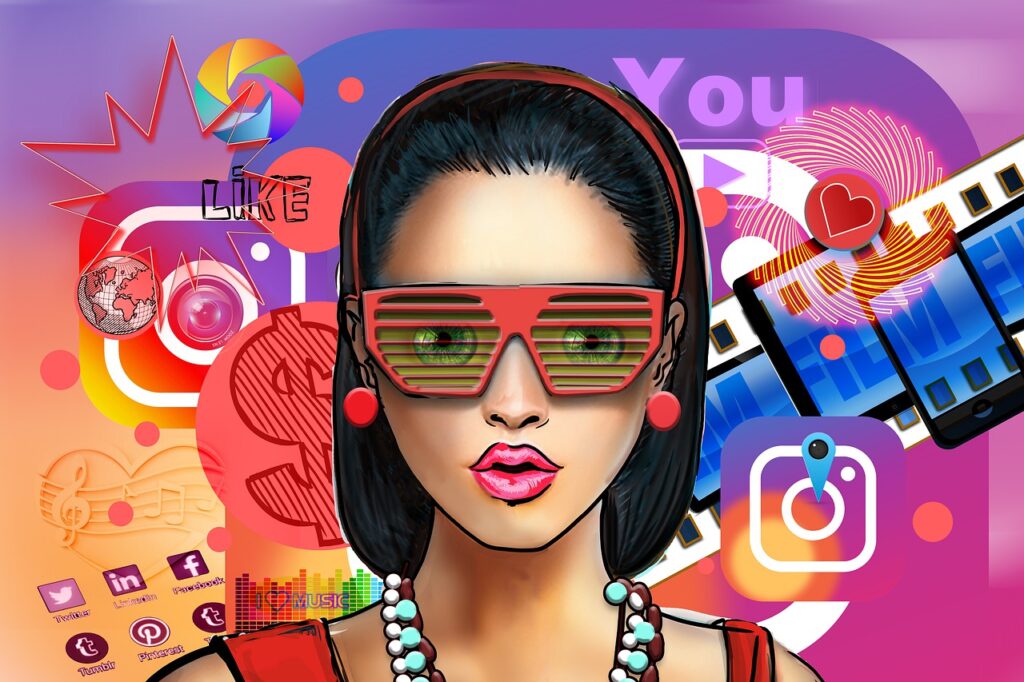
Social Media Influencers are quite popular and an important part of alcoholic beverage marketing. Several companies are partnering with influencers to reach out to new audiences and promote their products. This includes social media takeovers, sponsored posts, and product reviews.
Recently Diageo partnered with the bartender and influencer Jeff bell to make a series of different cocktail recipes that will be posted on his Instagram account. Similarly, Bacardi partnered with the chef and Instagram influencer Danielle Bernstein. They created an innovative series of cocktail recipes that will be posted on her social media accounts and blogs.
Local and Craft
Few customers are now increasingly interested in local and crafts products and this is also becoming a trend in the alcoholic beverage industry too. Companies are now collaborating with local artists to highlight the artisanal and local aspects of the products. This includes sourcing the products from local sources, emphasizing the unique characteristics and flavors of the products, and sourcing ingredients from the local areas.
For example, Tito’s handmade vodka is a locally produced and small batch of vodka handcrafted in Texas. Similarly, craft breweries and distilleries are becoming quite popular with consumers looking for the flavourful in unique products that are produced on a smaller scale.
E-commerce
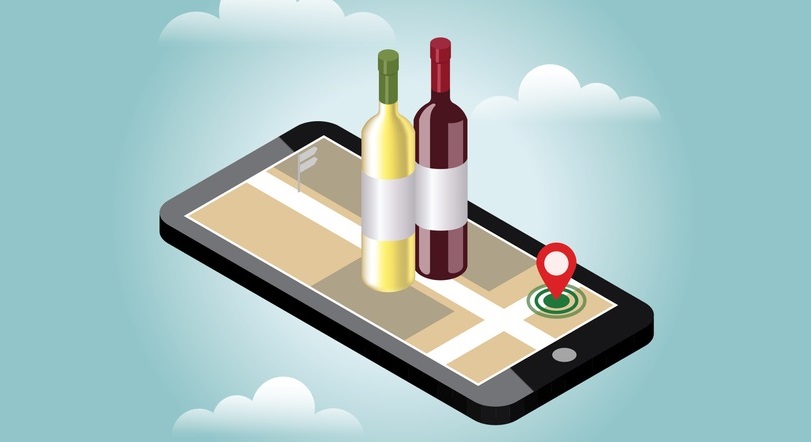
E-commerce is quite popular these days and has become an important channel for the food and beverages industry including the liquor industry. A lot of companies can be found investing in such online platforms to increase their customer base. This includes home delivery applications, mobile apps, and online stores that allow consumers to order drinks with few taps on their smartphones.
A great example is The Liquor Bros, an online platform where consumers can order alcohol from local stores and get it delivered to their door. They offer different kinds of alcoholic beverages for purchase.
Diversity and Inclusivity
Recently Diversity and inclusivity have become important topics for discussion and impacting various industries. A lot of consumers demand to have rands and products that embrace diversity and promote inclusivity. Companies are now launching campaigns for diversity and inclusivity where they feature the diverse spokesperson and other supporting organization that supports local justice.
For example, Recently a campaign called “Open For Good” was launched by Stella Artois that aimed to support the hospitality industry as it recovers from the pandemic effects. Stella Artois partnered with the James Beard Foundation. Which offers grant to people who run and own businesses. Also, Hennessy recently featured as a well known rapped in their campaign to advocate for the social justice. As a way to connect with a young and diverse audience.
Virtual Events
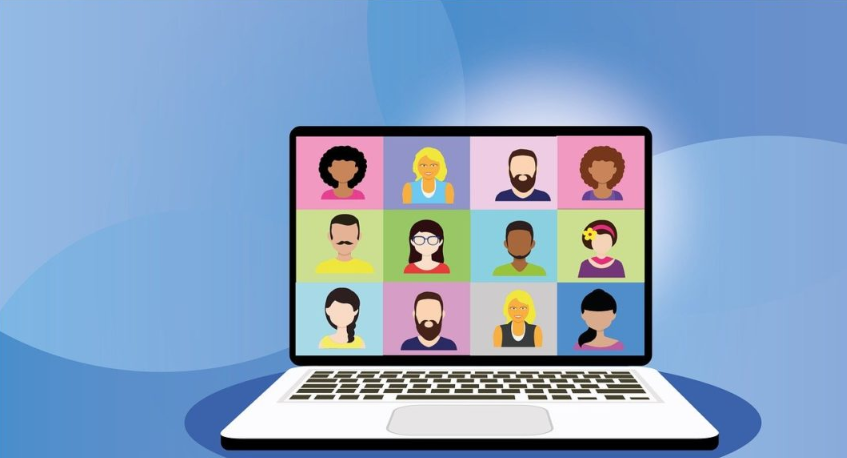
During the covid 19 pandemic, virtual events become quite popular in several industries including the liquor industry. Various companies hosted cocktail classes, virtual tastings, and several other events to engage consumers with their products from their own homes comfortably.
For example, Ketel one Vodka recently hosted a virtual event where they taught about making cocktails using the Ketel on Botanical. Similarly, another virtual transiting event was organized by Campari America for their Skyy Vodka brands and Wild Turkey.
Conclusion
Some amazing drink trends constantly impact the alcoholic beverage industry. This requires marketers to stay ahead of the competitors to lead the market. Tends like sustainability, personalization, social media influencers, virtual events, local and craft, health, and wellness have impacted the industry. By understanding these trends and making marketing strategies accordingly companies can connect with their audience and build strong and lasting relationships.


